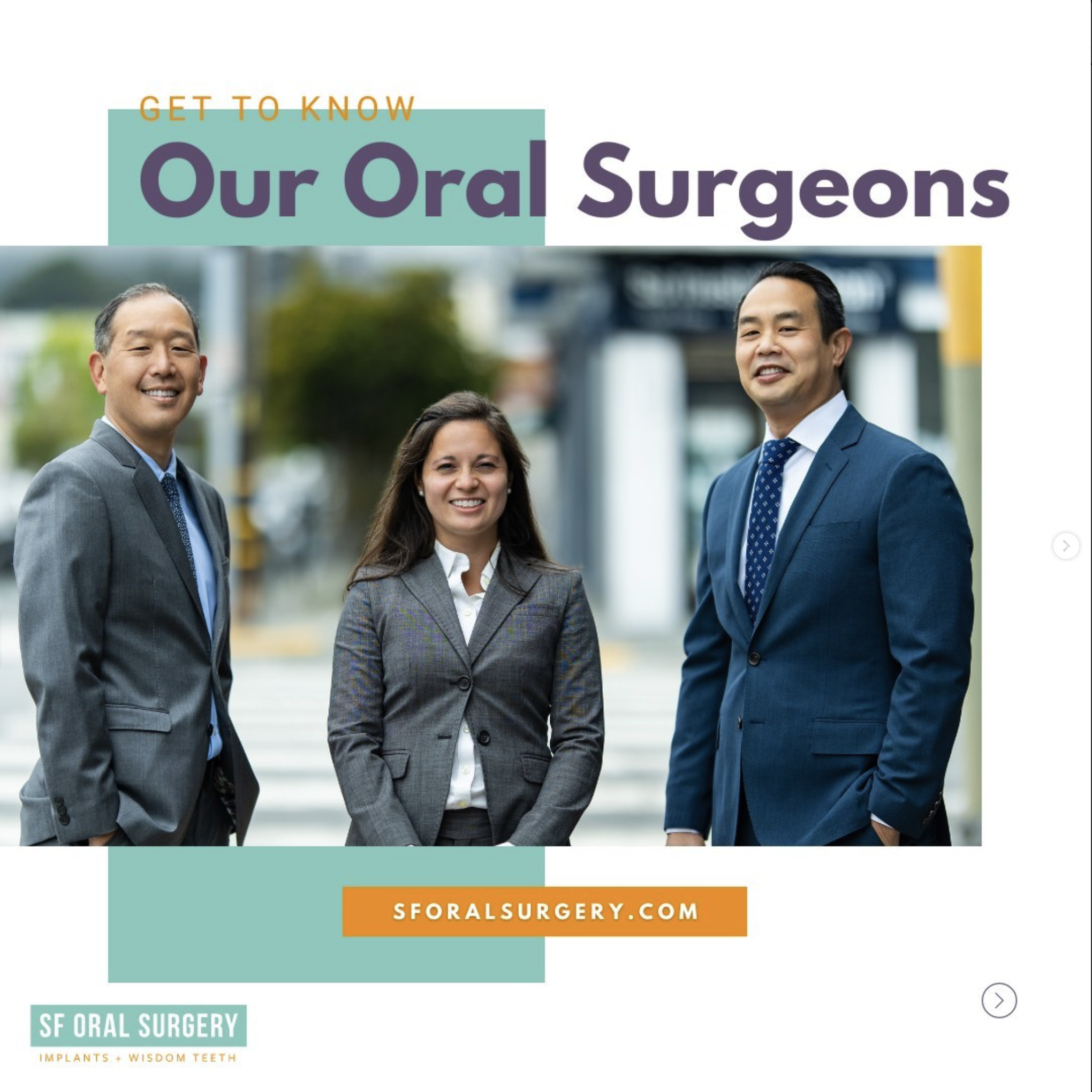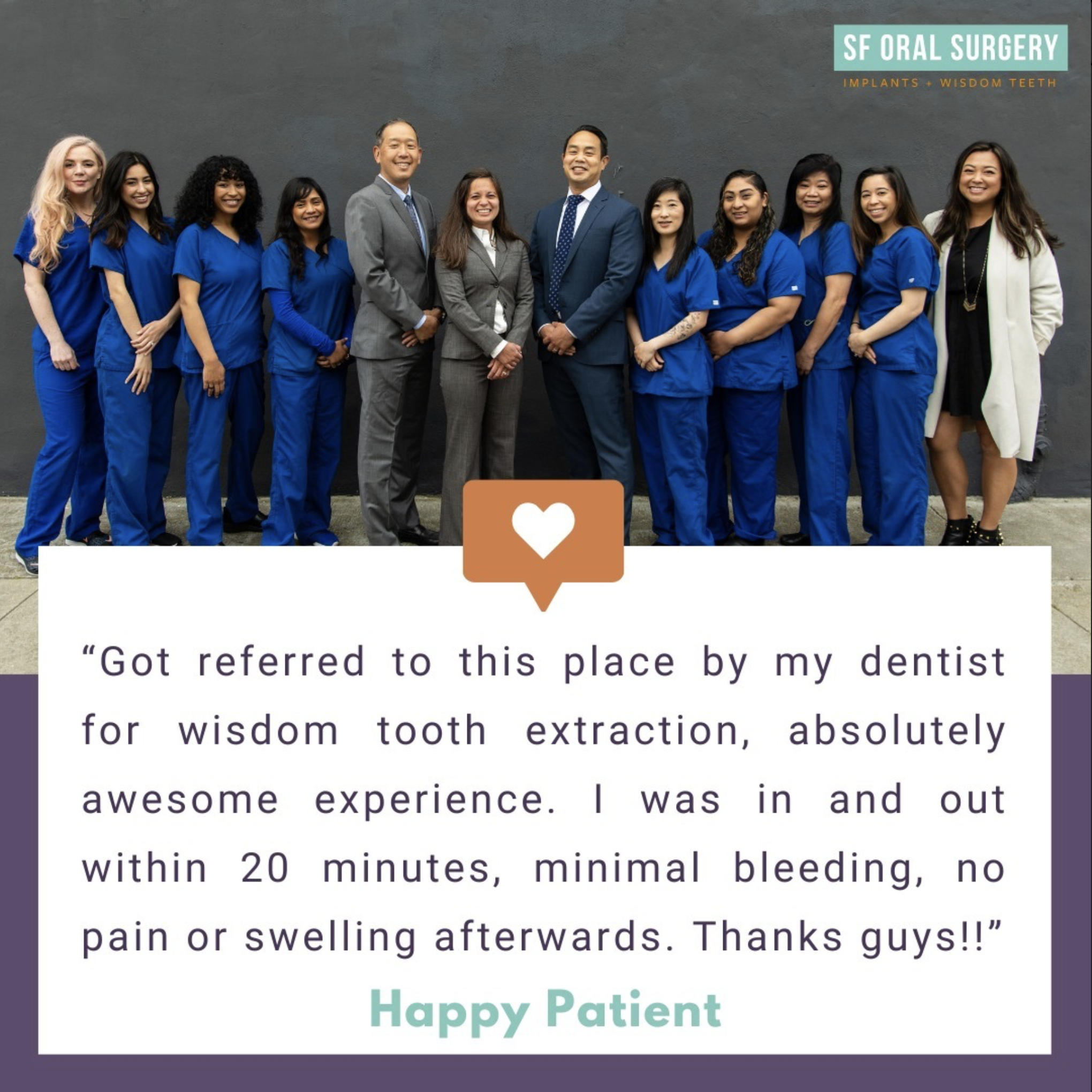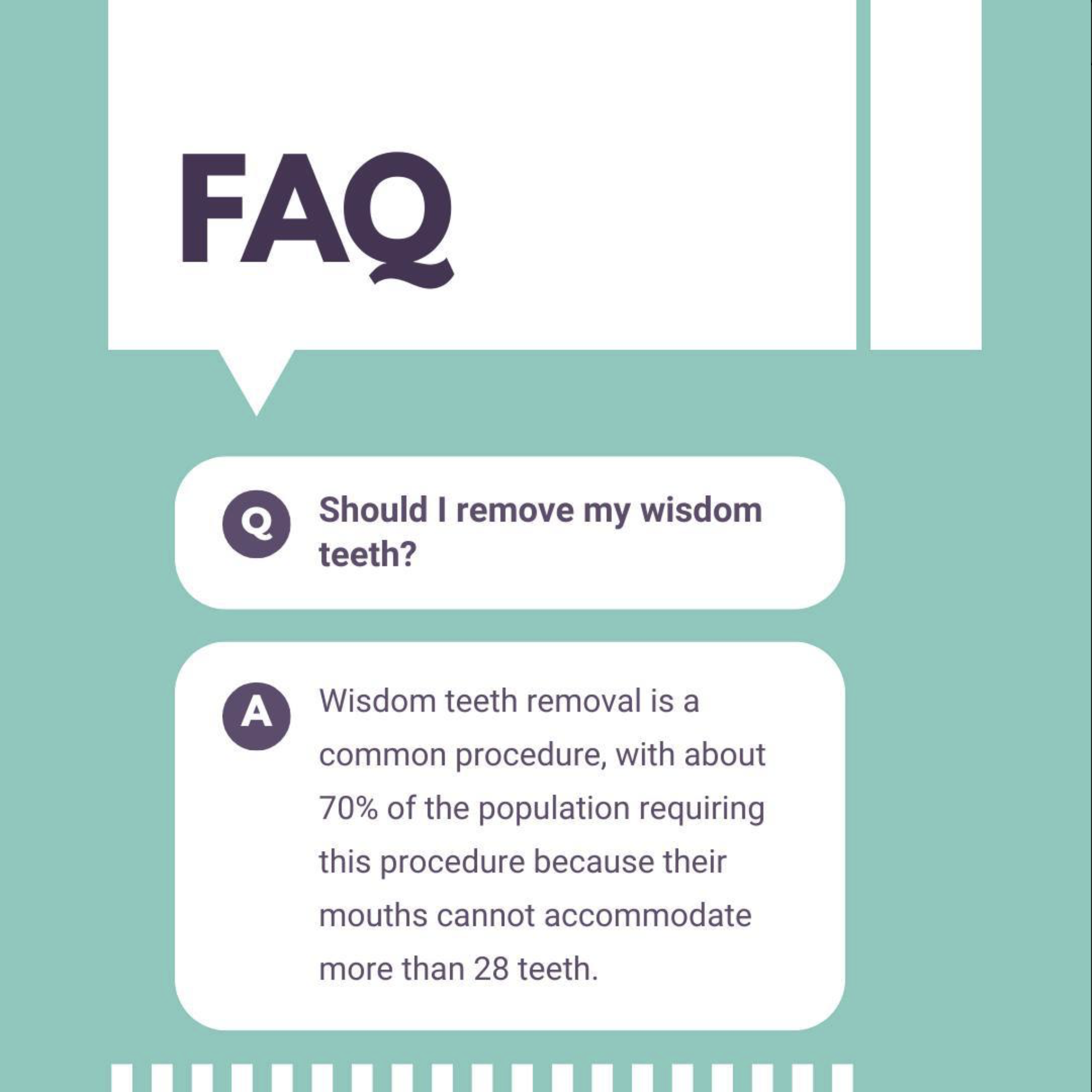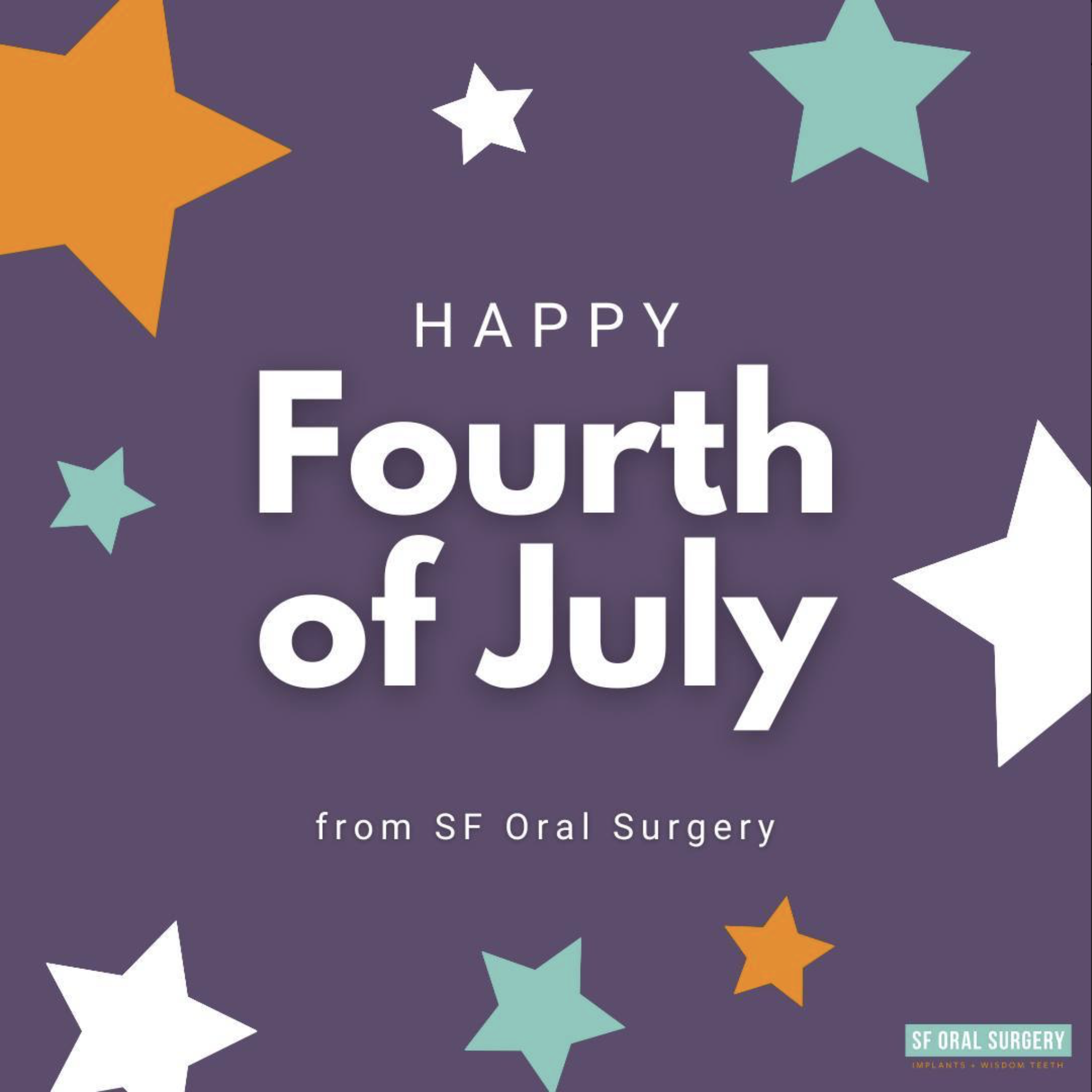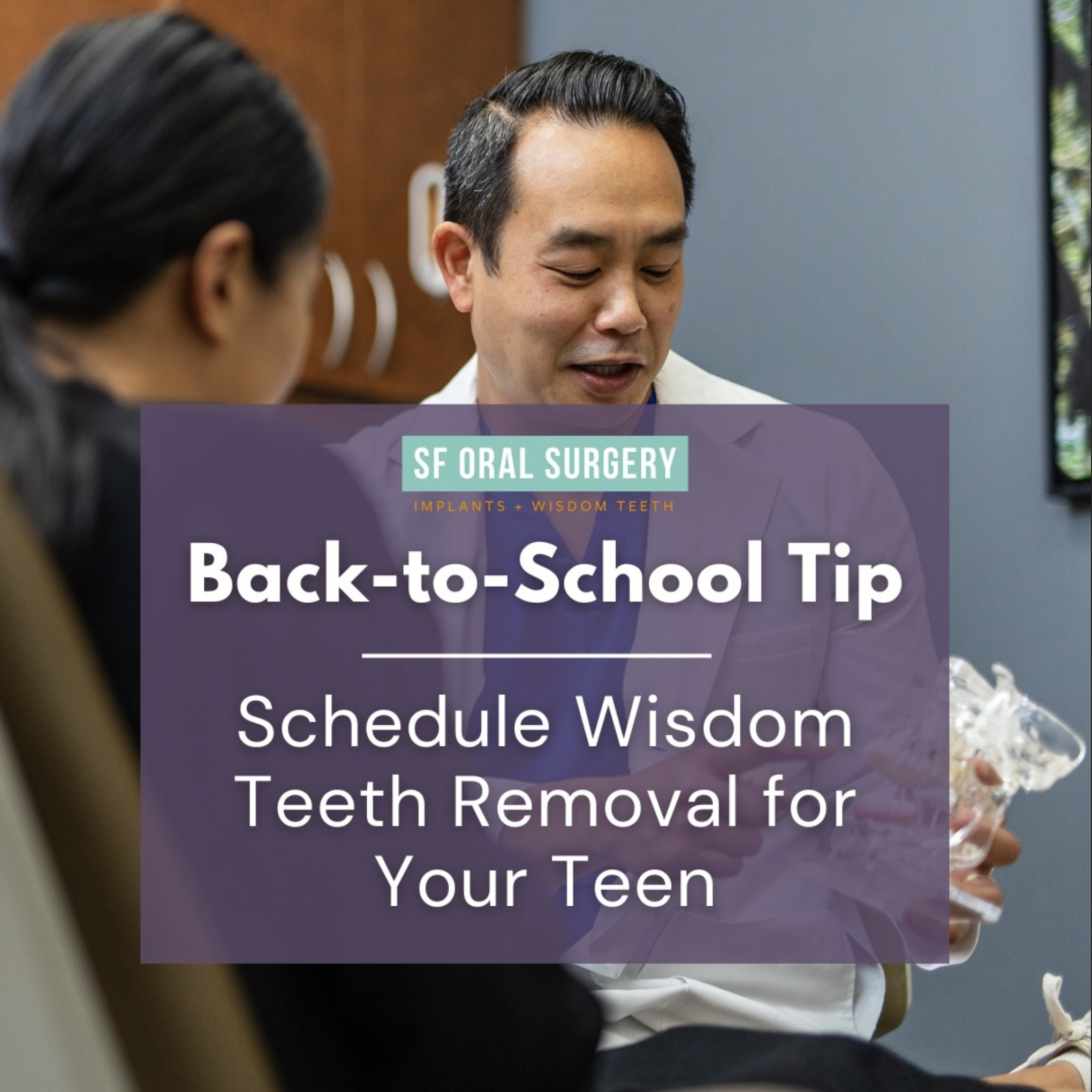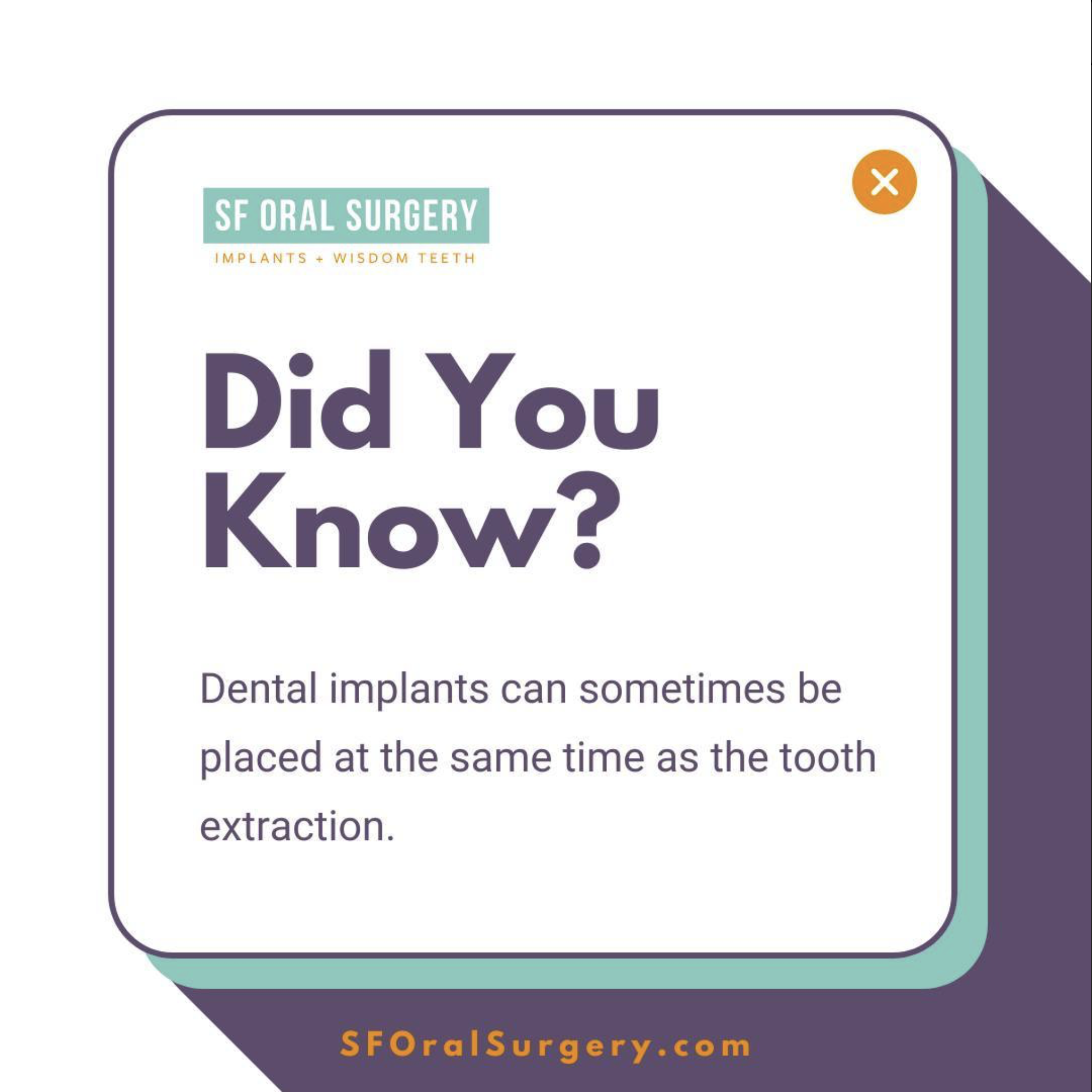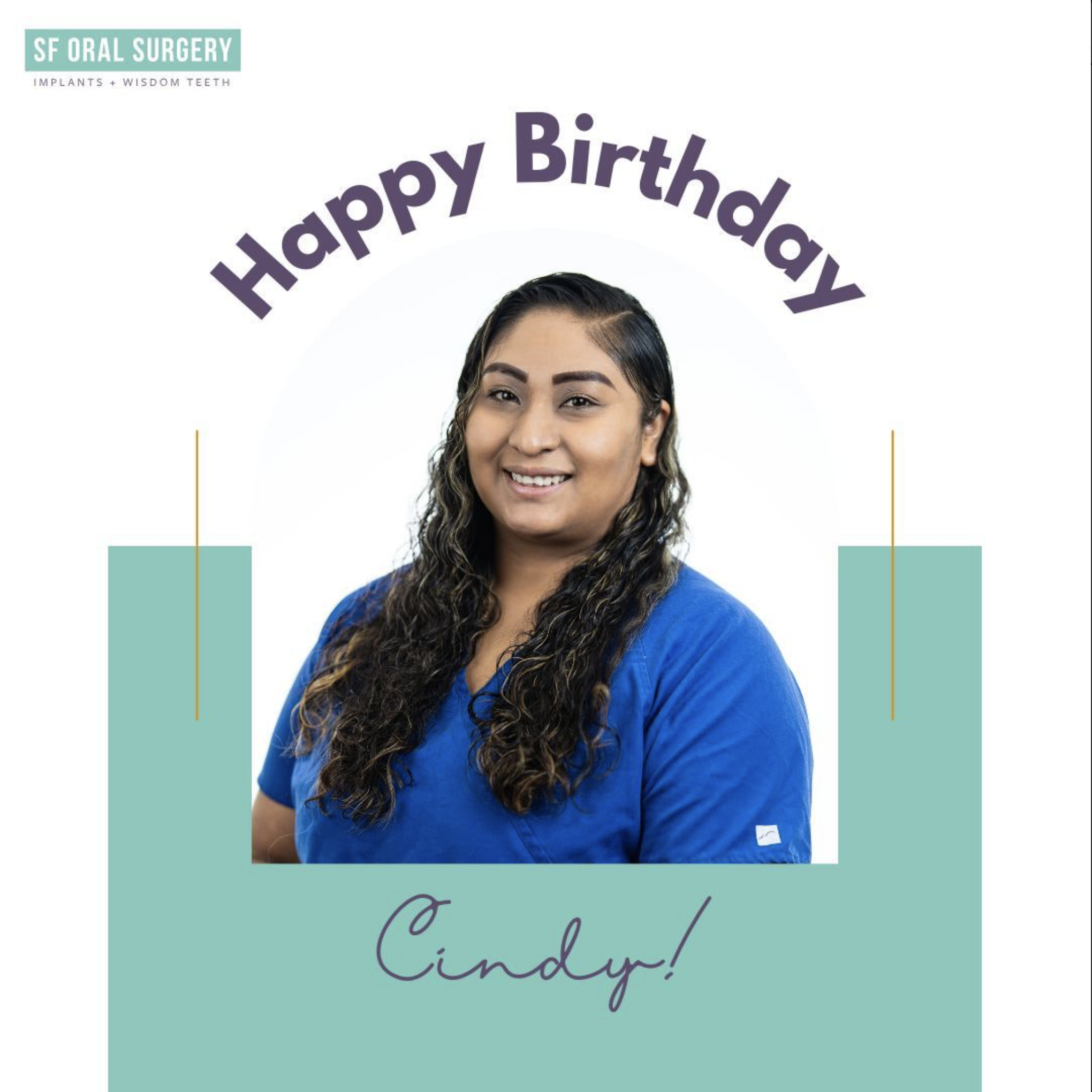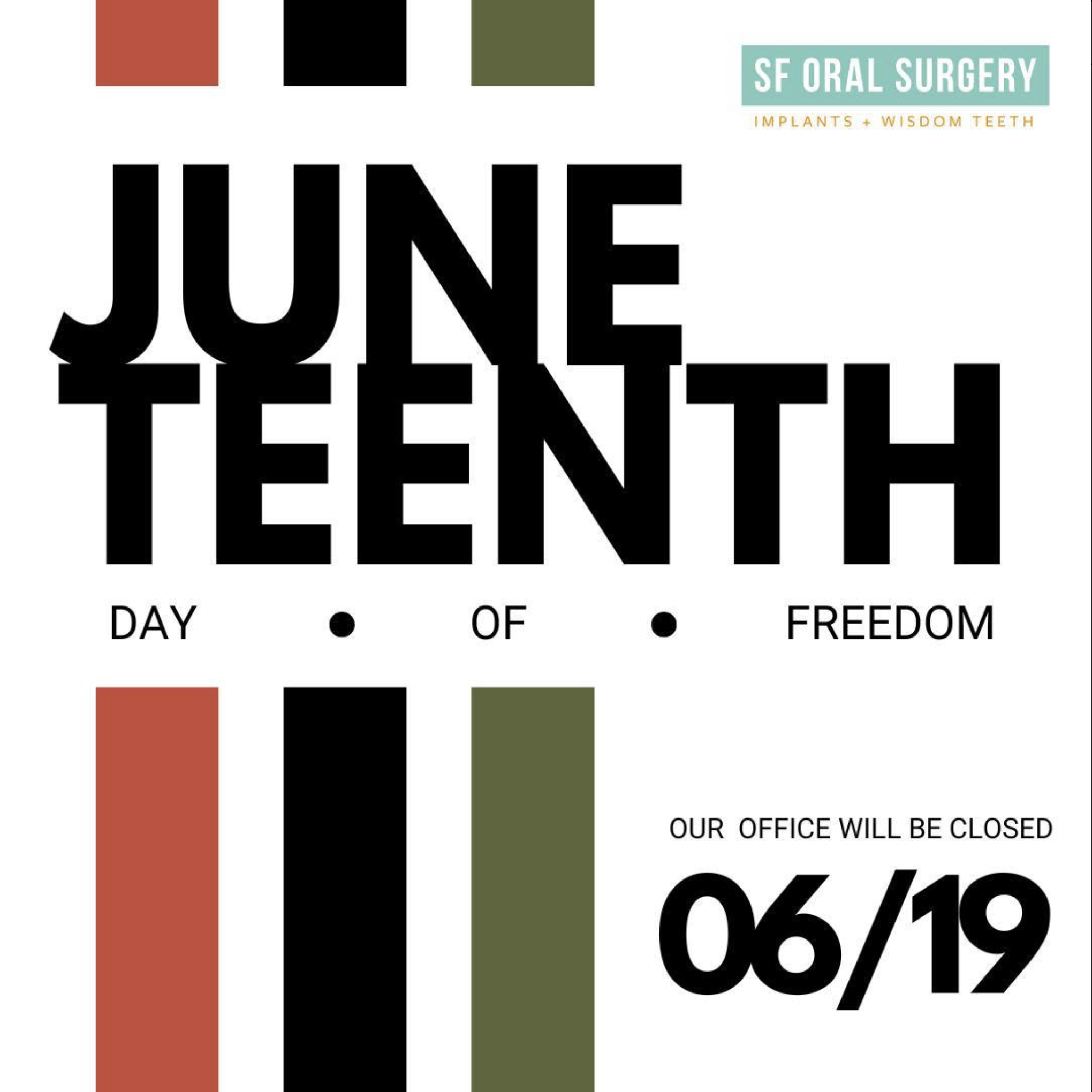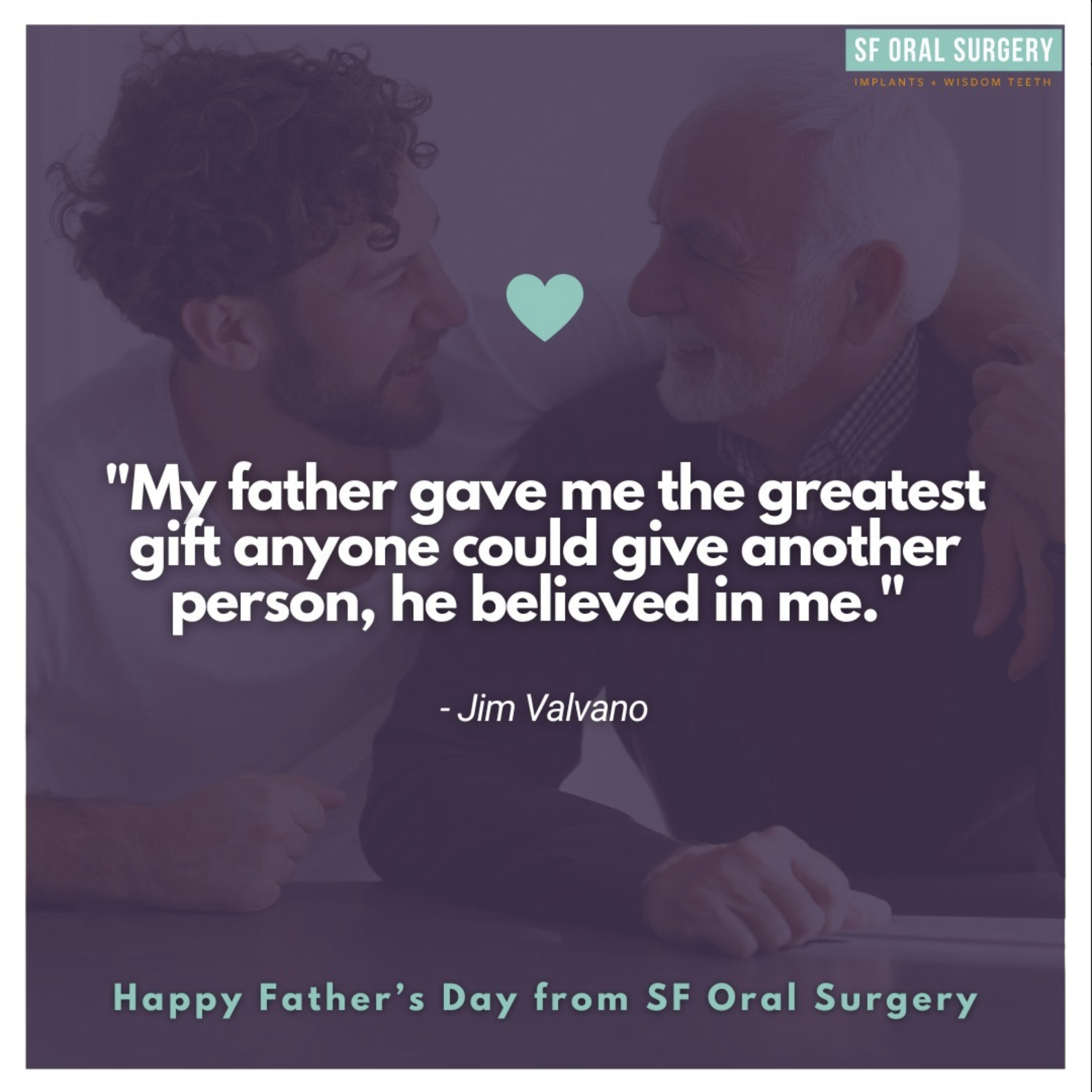 Are you considering having your wisdom teeth removed? A wisdom teeth removal surgery is not as scary as many believe it to be. With the right preparations and proper aftercare, you will recover just fine–and no longer have that underlying molar pain.
Are you considering having your wisdom teeth removed? A wisdom teeth removal surgery is not as scary as many believe it to be. With the right preparations and proper aftercare, you will recover just fine–and no longer have that underlying molar pain.
Wisdom teeth removal is a fairly standard procedure in the United States. About 5 million Americans undergo this surgery yearly, and it has saved them from the pain and damage that usually comes with erupting wisdom teeth. In this article, we will talk about why you have wisdom teeth, when you should remove them, and what to expect before, during, and after your procedure.
What are Wisdom Teeth?
Wisdom teeth are your third molars, which are positioned just right behind your second molars. Unlike the rest of your permanent teeth that develop fully by ages 12 or 13, wisdom teeth erupt much later on in life.
The growth of wisdom teeth varies for every person. On average, people experience their wisdom teeth grow between the ages of 18 and 24. Some have them later on in their 30s. The number of wisdom teeth that erupt varies, too. Most people have all four, while others have one to three. A few, however, have wisdom teeth that remain dormant and never grow at all.
Do You Really Need Your Wisdom Teeth?
Wisdom teeth are not as necessary as they once were. Anthropologists claim that our ancestors needed wisdom teeth back when they would eat foods that were difficult to chew, such as:
![]()
![]()
![]()
![]()
Today, the types of food we have are easy to chew, eliminating the need for wisdom teeth.
Is Wisdom Teeth Removal Necessary?
Whether your wisdom teeth stay or go depends on different factors. If they are causing you pain, you might be a candidate for wisdom teeth removal. However, the absence of pain does not necessarily mean you do not need this procedure. Here are a few factors that might require you to have your wisdom teeth removed.
If You Experience Sensitivity and Pain
When your wisdom teeth are erupting, the area may begin to feel more sensitive, and simple activities like brushing your teeth and chewing start to become uncomfortable. And as time passes, the sensation turns to pain even in the absence of any activity.
If you are experiencing sensitivity, pain, or both where your wisdom teeth are growing, your doctor might recommend you undergo wisdom teeth removal. These sensations may be communicating a problem such as:
Cavities
Your wisdom teeth can grow too close to your second molars, especially when the size of your mouth is small. This leaves you with spaces in between that are too narrow for your brush bristles to reach, resulting in cavities. When left untreated, cavities not only cause pain but also cause tooth decay.
Impacted Wisdom Teeth
Wisdom teeth can get stuck or impacted as they try to grow. When your jaw does not have enough room for them, they end up growing only partially, or they never grow at all. Some wisdom teeth also grow at a different angle, which prevents them from coming out fully. Symptoms include:
Jaw pain
Swollen jaw
Red or swollen gums
Tender gums
Bleeding gums
Headache
Bad breath
An unpleasant taste
Difficulty with opening your mouth
Impacted teeth can also be painless, which leaves you thinking you do not have them. To be sure, it is best to have your teeth checked by a professional.
Gum Inflammation
As with any growing tooth, a flap of gum tissue or gingival operculum develops and covers a partially erupted tooth. This excess tissue can trap food particles and bacteria, leading to irritation, inflammation, and sensitivity in the area.
If You Feel Unusual Bumps
A dentigerous cyst is a fluid-filled sac that feels like a bump. It develops on top of a partially erupted tooth or a completely unerupted tooth, specifically in your jaw bone and your mouth’s soft tissue. Although benign and harmless, you must get your dentigerous cyst treated right away to avoid the possibility of infection and other complications.
If You Have Sinus Problems
Your sinuses are empty cavities that protect you from breathing in microorganisms, pollutants, and dust. They are located in different areas of your face, such as the nose, which means they are near your upper jaw.
When wisdom teeth start to erupt in the corners of your upper jaw, it puts a lot of pressure on your sinuses as well. This leads to sinus problems like pain, congestion, headaches, and worse, infections. Sinus problems are a telltale sign that you are better off without your wisdom teeth.
If You Have an Unpleasant Taste in Your Mouth
As your wisdom teeth start to grow, the area becomes more sensitive to the touch. Cleaning is more difficult, which can then result in wound-infecting bacteria. Such bacteria produce sulfur compounds that cause an unpleasant taste in your mouth and even bad breath.
When you experience this, it is a possible sign that your wisdom teeth need to go away before the infection gets worse.
If Your Jaw Feels Stiff
Jaw stiffness is a sign that your growing wisdom teeth are pushing your existing teeth. They begin to interfere with how you bite and result in a stiff or even painful jaw. This is especially the case when one of your wisdom teeth is impacted. Over time, the mere act of opening your mouth becomes painful as well.
If Your X-ray Reveals a Problem
With the help of an x-ray, your oral surgeon can predict if your wisdom teeth will be a problem at some point in your life. In this case, they recommend wisdom teeth removal before they even emerge.
What to Expect
Wisdom teeth removal involves a surgical procedure. Your wisdom teeth are deeply rooted within your gums, which your oral surgeon or dentist will have to open up to pull out successfully. If you are a candidate for wisdom teeth removal, here are things you should expect before, during, and after your surgery for a smooth procedure and a quick recovery.
Before Your Surgery
It would be best to visit your oral surgeon before your surgery. He or she will walk you through the entire process and will also discuss the following:
Schedule of surgery
Type of anesthetic used
Your health status
Medications you are currently taking
Financial arrangements
Your doctor will also inform you how to prepare your body before your surgery, such as the following:
![]()
![]()
![]()
![]()
Since your doctor will put you under anesthesia, you must not ingest anything at least 8 hours before your surgery. Keeping your teeth clean is also crucial to eliminate the risk of infection. Do take note that you will wake up groggy after the procedure. So, make sure you have someone to drive you to and from the clinic.
During Your Surgery
1. Anesthesia
Before doing the actual procedure, your doctor will first put you under anesthesia. This will result in a painless surgery, which leaves you feeling comfortable and relaxed throughout the procedure. There are three types of anesthetics to choose from:
Local Anesthesia – Oral surgeons use this anesthetic to numb a specific spot or part of your body. You may still feel pressure on the area, but you should not feel any pain. After your doctor has administered it by injection, you should feel the effects in a few minutes on average.
Nitrous Oxide – This colorless gas not only makes you less sensitive to pain but also relaxes you as it helps lessen anxiety. To administer nitrous oxide, your doctor will use tools such as a nasal mask so you can inhale it. On average, you should feel the effects in a matter of seconds.
Intravenous – Aside from making you feel numb to pain, the intravenous anesthetic can also make it difficult to remember specific details during your surgery. Your doctor will administer this through an IV, so he or she can control the amount that flows into your veins. You should feel the effects in a few seconds to a few minutes.
After your doctor administers the anesthetic, you are ready to have your wisdom teeth removed.
2. Making an Incision
Your doctor will perform an incision right around the tooth to be extracted or in your gum line. A bigger incision is needed if a tooth has not erupted through the gum. But if your doctor sees a bone is blocking access to your tooth root, that will be removed as well.
3. Removing Your Wisdom Teeth
Expect to feel pressure as your doctor prepares to pull out your wisdom teeth. He or she will need to rock the tooth back and forth for a wider opening before pulling it out completely. Sometimes, your doctor will also cut up the tooth into smaller pieces to remove it faster.
The length of the procedure depends entirely on your age and the position of your wisdom teeth. For instance, younger patients have less bone density, and they do not have fully-developed roots. This translates to shorter operating room times, unlike older patients whose wisdom teeth have deeper roots and may result in a longer operation.
4. Suturing the Incision
Once the surgeon has pulled out your wisdom teeth, he or she will stitch up the openings with dissolvable stitches. This will help heal your wounds faster.
After Your Surgery
After getting stitched up, your doctor will give you time to rest. You will also be given prescriptions to manage pain and inflammation. And when you are ready, your doctor will put you under the care of a designated relative or friend who can help get you home.
More Rest
Be prepared to take a few days off for bed rest. Do not engage in strenuous activities, lifting, and bending to keep the stitches from opening up. Doing so will help you recover faster. The recommended days of rest are 2 to 3 days.
Soft Foods
You should only eat soft foods for the first two days after your surgery. Cold foods will also help numb discomfort or pain in the extracted area. Here are some suggestions of what to eat:
- Ice cream
- Yogurt
- Mashed food (such as potatoes, avocados, and bananas)
- Soups and broths
- Fruit shakes or smoothies
- Applesauce
- Puddings
- Cottage cheese
- Custards
- Pureed vegetables
On the third day, you can start incorporating additional foods into your diet that are still on the softer side, such as scrambled eggs and oatmeal.
Dissolvable Stitches
Your stitches should dissolve within seven days after the surgery. If this does not happen, do not pull them out. Just be patient–they will disappear on their own. If they become itchy or uncomfortable, you can ask your surgeon to take a second look.
Follow-up Checkup
Your doctor will ask you to come back one week after the surgery. He or she will check whether you are healing correctly. If there are signs of an infection or dry socket, your doctor will recommend treatments to avoid developing complications.
Can I Keep My Wisdom Teeth Instead?
You can still experience pain even when your wisdom teeth grow correctly, simply because teeth are erupting out of your gums. But as long as they do not cause you problems, your oral surgeon might let you keep them. To know whether you are a candidate for wisdom teeth removal or not, make sure to consult your doctor even before they come out.
Get Your Wisdom Teeth Extracted Without Worry
Extracting your wisdom teeth is not as complicated as it should be. As long as you consult with your local oral surgeon or dentist, you will not have to worry about dealing with unnecessary pain in your molars. Your doctor can take a look at them for you and give you their opinion.
Being knowledgeable about the subject matter will help you prepare better before, during, and after your wisdom teeth removal. If you have any questions or seek clarification, do not hesitate to call SF Oral Surgery in San Francisco today.
Request A Consultation
Get To Know Your Team | Follow Us On Instagram
